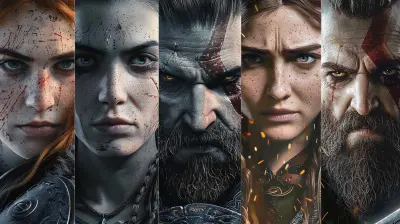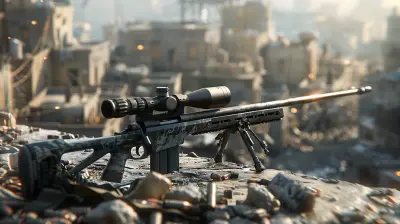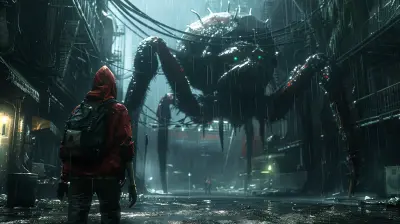How Gaming Events Strengthen Local Community Bonds
18 September 2025
When you think of gaming, what comes to mind? Maybe epic boss fights, late-night sessions with friends, or the adrenaline rush from clutch wins. But there’s another side of gaming that often gets overlooked—its power to bring people together in real life. Yep, we’re talking about gaming events and how they can actually strengthen local community bonds.
At first glance, it might seem odd. How can something so digital make such a real-life impact? But once you unpack exactly what happens at local tournaments, gaming festivals, LAN parties, and community game nights, the picture becomes a whole lot clearer.
Let’s dive into how gaming events go beyond the screen and into the heart of communities—one controller at a time.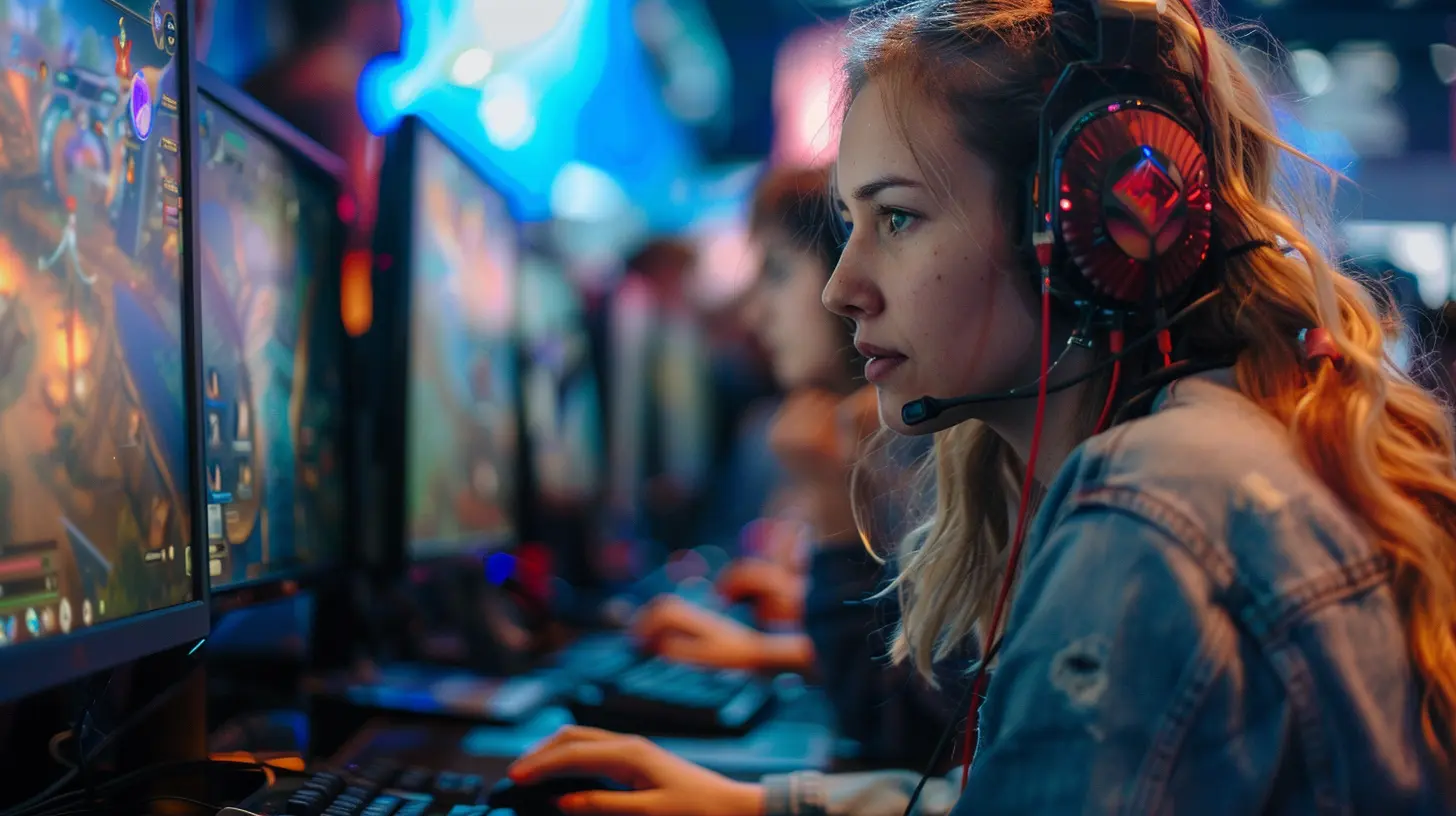
The Social Glue of Shared Interests
People naturally gravitate towards others who share their passions. It’s kind of like that unspoken bond between dog owners at the park or coffee lovers waiting in line at a café. There’s an instant connection.Gaming works the same way.
From Online Matches to Real-Life Friendships
Local gaming events turn online connections into something tangible. Picture a crowded room, buzzing with excitement, filled with players who’ve chatted over microphones but never met face-to-face. That online squad? Now a real-life crew.Whether it’s a Smash Bros. tournament at the community center or a Dungeons & Dragons night at the local library, these events take virtual camaraderie and level it up.
A Safe Space to Be Yourself
For a lot of gamers, especially teens and young adults, gaming events offer a place to be seen and heard. Not everyone fits into traditional cliques or sports teams. But at a gaming event, you get to be your true self—no judgment, just good vibes.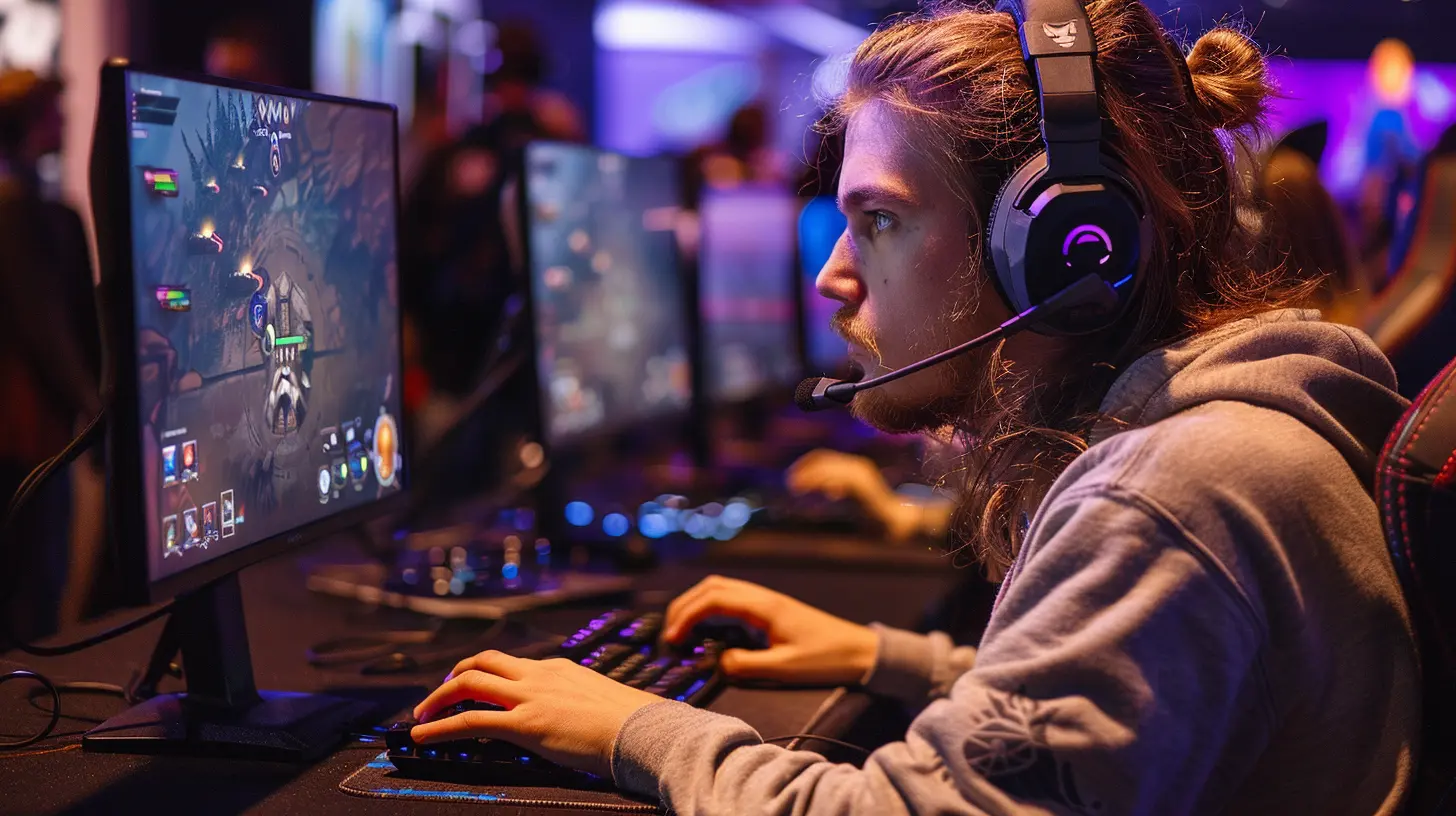
Hosting Events That Welcome Everyone
There’s something magical about walking into a space and immediately feeling like you belong. That’s the goal of a well-run gaming event.Inclusive by Design
Great gaming events are built on inclusivity. Organizers often go out of their way to ensure that everyone feels welcome—no matter their age, gender, skill level, or background. It’s not just about who’s got the fastest reflexes or the rarest skins; it’s about showing up, connecting, and having a blast together.Some communities even hold beginner-friendly events to help newbies navigate the scene. Others create gender-diverse or LGBTQ+ safe spaces. Why? Because diversity fuels connection.
Local Venues Bring People Together
Using local venues like schools, libraries, and recreation centers gives these events a strong community vibe. Unlike massive gaming conventions that can feel overwhelming, hometown gaming nights feel cozy and personal.Plus, it brings people out of their homes and into shared spaces—exactly what communities need to grow stronger.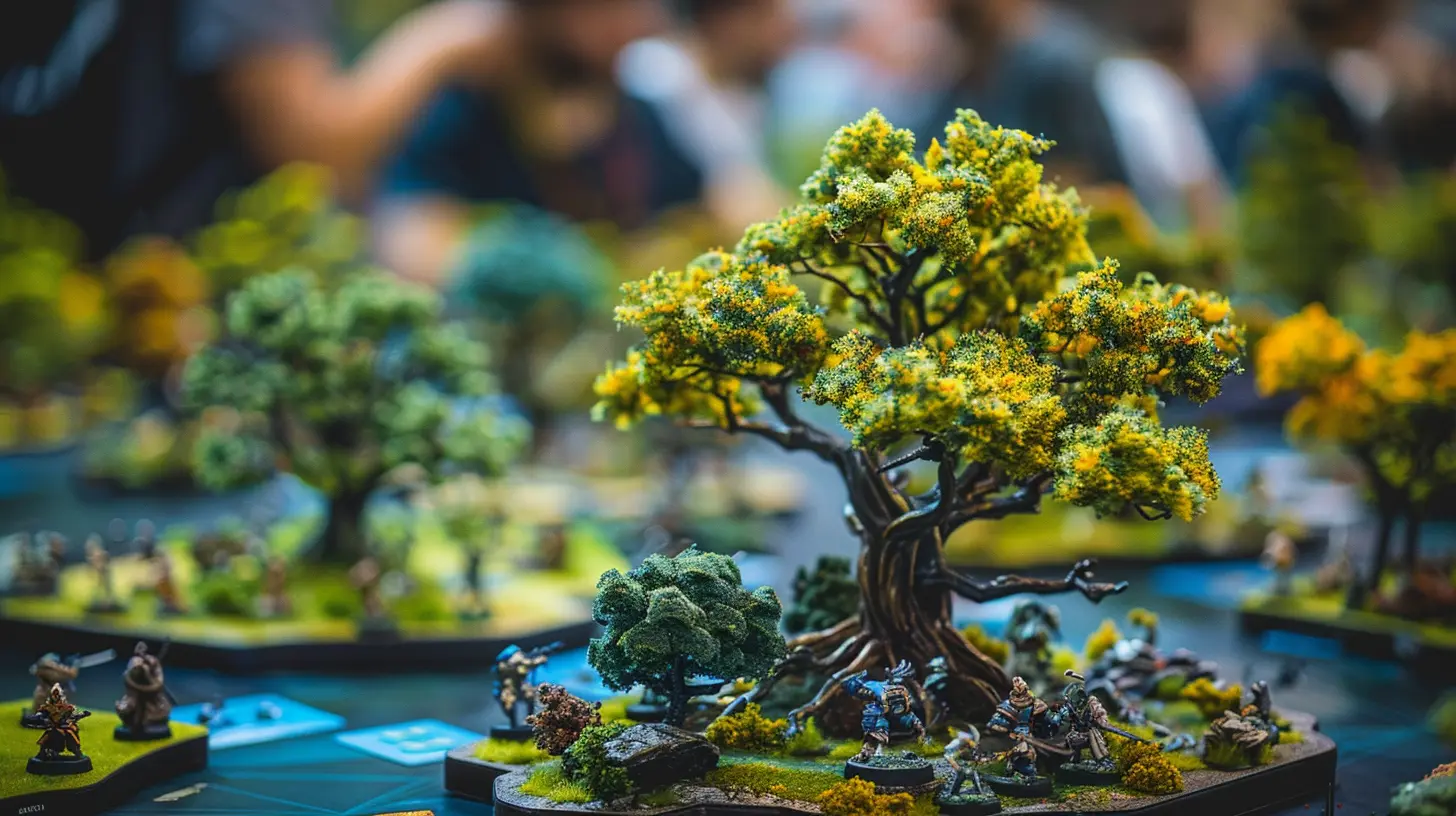
Boosting Mental Health and Reducing Isolation
Believe it or not, gaming events can be a lifeline—especially in an age where screen time is high, and loneliness is even higher.Strength in Numbers
The simple act of showing up and being with like-minded people can do wonders for mental health. We’re wired for connection, and local gaming events offer that in a way that’s low-pressure and fun.For some attendees, especially introverts or those with social anxiety, gaming provides a structured way to interact without all the awkward small talk. You’re not just talking—you’re teaming up, strategizing, and building rapport through gameplay.
A Break from the Daily Grind
Gaming events also offer a mental reset. They pull you out of stressful routines and into a world of creativity and collaboration. Whether it’s a fantasy RPG or a high-stakes shooter, players get a much-needed break—and that little escape can be better than therapy (well, almost).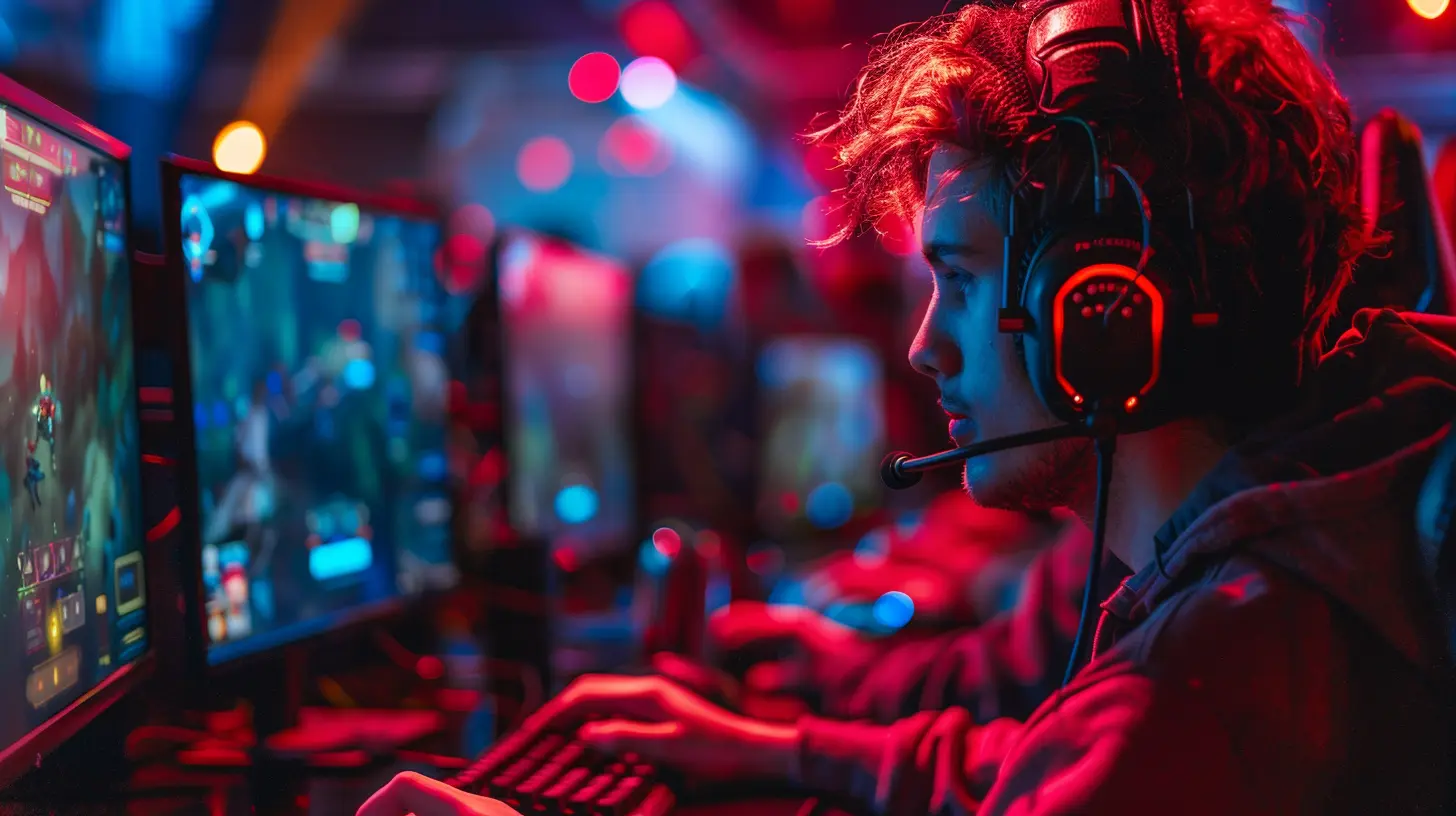
Creating Opportunities for Local Businesses
Think gaming events only benefit the players? Think again. They’re also a goldmine for local economies.The Business Side of Fun
Every gaming event needs gear, snacks, drinks, chairs, prizes—you name it. Local businesses often step in as sponsors or vendors, providing supplies and getting in front of a super engaged audience.And guess what? Gamers are loyal. If a local pizza joint caters the event or a corner shop donates prizes, people will remember. They’ll come back. It’s a win-win.
Job Creation and Skill Development
Let’s not forget that organizing events takes work. Planning, promotion, tech setup, moderating—that’s serious project management. Local gaming events offer opportunities for volunteering, part-time work, or even launching a side hustle.For young gamers, especially, it’s a chance to build skills that can translate into real-world careers in tech, event planning, or communications.
Promoting Friendly Competition and Good Sportsmanship
Despite what some headlines might suggest, gaming is not just about trash talk and rage quits. Local gaming events consistently prove otherwise.Healthy Competition = Stronger Communities
Sure, everyone wants to win. But when you’re surrounded by familiar faces, the vibe shifts. Rivalries become respectful. Wins are celebrated together; losses are learning experiences. The community becomes its own sort of team—and that’s powerful.Tournaments often include a mix of casual and competitive brackets, so everyone has a chance to shine. It’s not just about the top players; it’s about participation and passion.
Learning to Lose (and Win) Gracefully
Let’s face it—we could all use a little more humility and a lot more empathy. Gaming events teach these lessons in real-time. You win some, you lose some, and through it all, you grow.The best part? These lessons don’t just stay in the game room. They ripple out into conversations at school, at work, and in day-to-day interactions.
Bridging Generational Gaps
Here’s a cool twist: gaming events aren’t just for “kids these days.” They’re starting to bring together people across age groups in ways you probably wouldn’t expect.Parents and Kids Bonding Over Console Wars
Gone are the days where Mom and Dad didn’t get gaming. Now, parents are joining in. They’re setting up Mario Kart races with their kids or cheering from the sidelines at Fortnite tournaments.These shared experiences create better understanding between generations. It’s not just about parenting—it’s about partnering in play.
Seniors Getting in on the Action
Believe it or not, some communities are even setting up gaming nights for older adults. From rhythm games that improve mobility to puzzles that keep the mind sharp, gaming is becoming a valuable social tool for seniors.And when you’ve got a teenager and a grandparent both trying to beat each other’s high scores? That’s family bonding at its best.
Inspiring Civic Engagement Through Play
This might sound like a stretch, but local gaming events can actually spark a deeper sense of community responsibility.Fundraisers and Charity Tournaments
Many events partner with local causes—raising money for shelters, food banks, or school programs. Gamers show up, have fun, and contribute to a bigger purpose. It’s social good dressed up in cosplay and Cheeto fingers.It’s also a subtle way to introduce young people to the idea of giving back, without the usual lecture or guilt trip.
Local Government Participation
In cities where local governments are paying attention, gaming events have become part of youth engagement strategies. Some municipalities sponsor events or provide venues, recognizing the role gaming plays in community building.It’s awesome to see city councils swapping paper forms for RGB lights and watching how it brings fresh energy into civic spaces.
The Magic of Tradition: Annual Gaming Events
There’s something about looking forward to that one big event every year—a feeling of nostalgia mixed with excitement.Creating Cultural Milestones
Just like county fairs or music festivals, annual gaming events can become local traditions. People plan for them, save the date, and invite their friends. Over time, these events shape the identity of the community.It’s more than just a game night—it’s a gathering, a milestone, a memory in the making.
Building Legacy and Storytelling
Ask any long-time attendee, and they’ll tell you stories from past events. Epic comebacks, unlikely team-ups, or a costume that stole the show. And those stories? They become part of the community’s narrative.When we share those experiences, we create a common language, a sense of belonging, and roots that run deeper than any Wi-Fi signal.
Final Thoughts
Gaming events may start with pixels and power-ups, but their true magic happens in the moments between matches—in the handshakes, the shared laughs, the connections made around glowing screens.They help shy kids find their voice, turn strangers into teammates, and foster a stronger sense of “us” in an age of isolation. They support local businesses, teach life skills, and even bridge generational divides.
So next time you hear about a gaming event in your neighborhood, don’t just scroll past it. Go. Show up. Maybe even bring a friend.
Because behind every tournament bracket and digital duel lies something incredibly human—a community leveling up together.
all images in this post were generated using AI tools
Category:
Gaming CommunitiesAuthor:

Luke Baker
Discussion
rate this article
1 comments
Noelle Holland
Great insights! It’s inspiring to see how gaming events foster connections and create a sense of belonging within local communities. Keep spreading the positivity!
September 29, 2025 at 5:00 PM

Luke Baker
Thank you so much! I'm glad you found it inspiring—community connections are indeed at the heart of gaming events!
